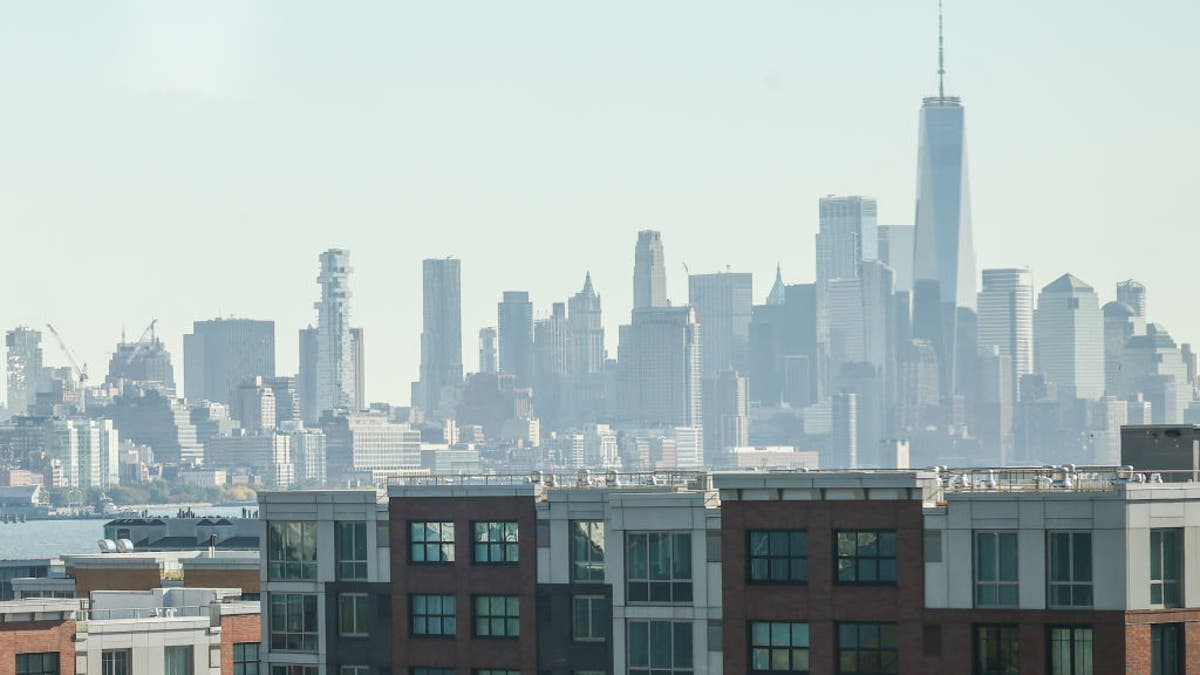America's biggest city 'playing with fire' over this new rule, attorney says
New York City is enforcing new rules on short-term rentals may breed misuse when factoring in state-wide squatter's rights, real estate attorney Dean Roberts said.
New York City could see an influx of disputes between landlords and squatters due to new rules for short-term rentals, a real estate attorney said.
The Big Apple last week began enforcing restrictions on rentals for 30 days or less that could drastically reduce the number of short-term listings across the city. Hosts, as a result, will be pushed to rent out units a month at a time, which could backfire if guests try to take advantage of the state’s squatters rights that kick in after 30 days, said Dean Roberts, a lawyer with Norris McLaughlin.
"Anybody who's using Airbnb to rent out for 30 days is seriously playing with fire," Roberts told Fox News. "These regulations will create issues and opportunities for misuse."
WATCH MORE FOX NEWS DIGITAL ORIGINALS HERE
The New York City Mayor’s Office of Special Enforcement began enforcing Local Law 18, or the Short-Term Rental Registration Law, on Sept. 5 after a series of legal challenges from Airbnb held up the legislation. The law requires hosts to register any rentals shorter than 30 days with the mayor’s office and bars booking platforms like Airbnb, Vrbo and Booking.com from "processing transactions for unregistered short-term rentals," according to NYC.gov.
HANDYMAN TURNS THE TABLES ON SQUATTERS WHO TOOK OVER HIS MOTHER'S HOUSE

New York City Local Law 18 requires hosts to register any rentals shorter than 30 days with the mayor’s office and prohibits booking platforms from processing rentals for unregistered hosts. (Jakub Porzycki/NurPhoto via Getty Images)
Hosts must also stay in the unit between short-term rentals, and only two guests are allowed at a time.
In the months leading up to the announced enforcement date, over 3,800 short-term rental registration applications were filed to the city, according to Office of Special Enforcement Executive Director Christian Klossner. Less than 300 were approved by Sept. 5.
"That policy really almost evolves into a ban and makes Airbnb pretty much — business-wise — impractical here in New York," said Roberts, who has worked in real estate for over 30 years. "What that will also do is create incentives for people to misuse the system, especially the 30-day issue, to try to hold over."
Anyone who lives on a property for 30 days or more becomes a legal tenant, according to New York state law. After that, landlords could face a complicated and lengthy legal process to evict the squatter.
"Once an individual crosses the 30-day deadline, they cannot be removed absent a court order with a marshal or sheriff," Roberts said. "And at that point, you're talking many, many months of someone in an apartment without a right."
"The landlord is in a terrible position here," he added. "The court system is not sympathetic and is slow in the best of cases."
The new rules, Robert said, are aimed at curbing the growing number of landlords who aren't listing apartments for New York City residents to lease and instead exclusively rent them to short-term visitors.

The new regulations on short-term rentals will create issues in New York City's real estate market and create opportunities for misuse, said Roberts. (Fox News Photo/Joshua Comins)
NYC SQUATTER THREATENS TO FLUSH REMAINS OF FORMER TENANT DOWN TOILET IN HOUSING SPAT WITH DAUGHTER
"The city regulations are to try to cut down on the professional Airbnb where a landlord will take an entire floor of a building and turn it into a hotel," he told Fox News. "It also just creates a lot of fine potential from the city."
Hosts that breach Local Law 18 could face penalties as high as $5,000, according to the law. The rental platforms can face fines up to $1,500.
Though the rules seek to stabilize the city's rental market and benefit long-term renters, "they never will," Roberts said.
"Any time you have an overlay of regulation on housing like this, you're affecting market forces," he said. "So it's out of whack pretty much by nature."
CLICK HERE TO GET THE FOX NEWS APP
Roberts said in lieu of big booking platforms, families looking for weekend apartment rental or landlords looking to capitalize on the city's tourism will find ways to dodge the rules.
"Humans are very clever, and when it comes to this kind of situation, they'll find workarounds," he said.
"Frankly, a lot of people will go off the Airbnb posts back to the wild, wild west internet to rent out the rooms," Roberts added. "You're going to, in many ways drive this back underground."
The Office of Special Enforcement did not immediately respond to a request for comment.



